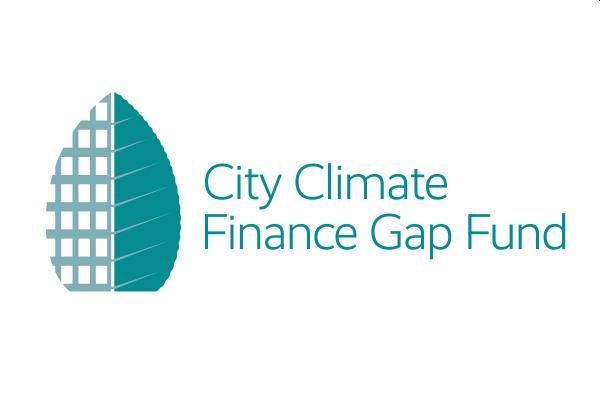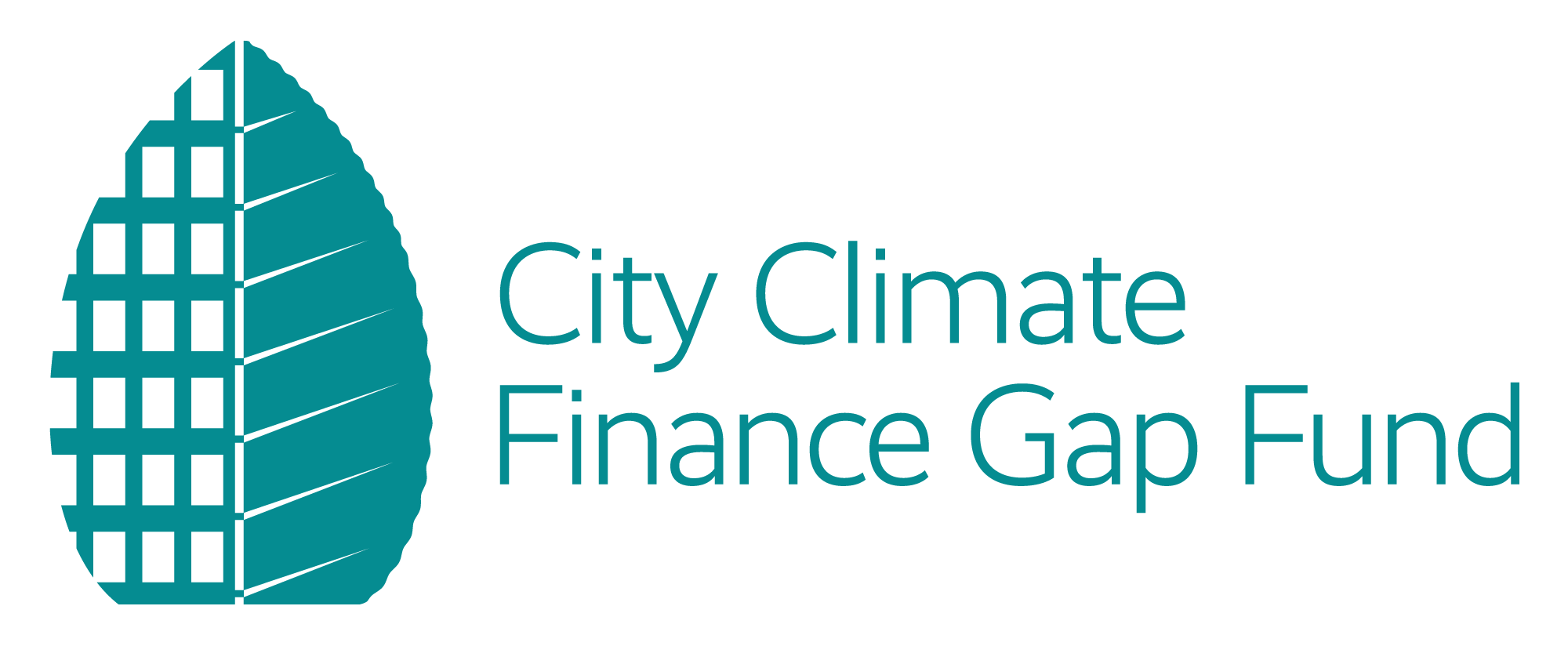City Climate Finance Gap Fund approves support for six cities

- Free technical assistance for the preparation of early-stage climate action projects
- Energy efficiency, renewable energy, sustainable mobility, waste management and water projects
- The Gap Fund is supporting cities in developing and emerging economies
The City Climate Finance Gap Fund (Gap Fund) announced today the second round of cities that will receive free technical assistance to prepare bankable urban climate projects. The cities are located in Montenegro, Ecuador, South Africa, Vanuatu, Mexico and Ukraine. The projects include greening urban spaces, energy efficiency, renewable energy, sustainable mobility, and waste and water management. This follows a first batch of technical assistance grants from the World Bank in April this year, totalling $1.8 million, to help nine cities transform their climate ambitions into finance-ready projects.
The Gap Fund supports cities around the world that face barriers such as insufficient capacity or technical knowledge when developing and financing urban climate projects. The Gap Fund helps cities at an early stage by offering free technical and advisory services to prioritise and prepare urban climate investments. The goals of the Gap Fund are to accelerate the preparation of investments, enhance quality and ensure projects are bankable.
The World Bank and the European Investment Bank (EIB), in cooperation with the Deutsche Gesellschaft für Internationale Zusammenarbeit (GIZ), are implementing the City Climate Finance Gap Fund, a new partnership supporting green, inclusive, resilient, creative and competitive cities in developing countries. Through donor-supported technical assistance, with a target of at least €100 million in funding, the Gap Fund aims to unlock an estimated €4 billion to help cities transform climate ambition into finance-ready projects.
The activities in the cities announced today are:
- Podgorica, Montenegro: supporting the city in mapping relevant public buildings to help identify which ones could be suitable for green roofs combined with facades to improve energy efficiency in buildings and increase the permeability of surfaces in public spaces.
- Cuenca, Ecuador: the Gap Fund will support the analysis of the current hydrometeorological network, the evaluation of climate change scenarios, and alternatives to counter/prevent flooding.
- Mbombela, South Africa: supporting the completion of a stormwater management masterplan.
- Port Vila, Vanuatu: providing technical expertise on biogas generation technologies to analyse the potential of establishing a waste-to-biogas pilot project in Port Vila.
- Naucalpan, Mexico: assessing the institutional capacity to develop a light rail train line linking the Naucalpan municipality with downtown Mexico City.
- Lviv, Ukraine: supporting the city’s street design to make it more favourable for pedestrians and cyclists.
EIB Vice-President Ambroise Fayolle commented: “Cities around the world produce more than two-thirds of global CO2 emissions. Many cities are experiencing the devastating impact of the climate crisis and the COVID-19 pandemic has made it even more difficult to respond to the challenge. The Gap Fund shows how through cooperation and partnerships we can provide cities from Mexico to Ukraine with the support they need to move project ideas to bankable projects. I want to thank the cities, the World Bank, our donors and partners from city networks for their excellent cooperation to deliver on our common Gap Fund objectives.”
Luxembourg’s Minister for the Environment, Climate and Sustainable Development, Carole Dieschbourg, stated: “As a European state and the largest per capita contributor to international climate finance in the world, Luxembourg fully understands the pivotal role cities play in leading the way to an emissions-free future. The Gap Fund provides the necessary toolbox to leverage the potential cities have as accelerators of climate action.”
Germany’s Minister for the Environment, Nature Conservation and Nuclear Safety (BMU), Svenja Schulze, said: “We support cities around the world to find climate friendly solutions to rapid population movements into urban areas. The influx of people and associated challenges for housing, energy supply, water, waste management, mobility and adaptation to climate change are already tremendous. It is important now to build up our support well and to intensify it jointly. The Gap Fund is a central component of this herculean task.”
“Cities are on the front line of tackling both climate change and the economic fall-out from the COVID-19 pandemic and mayors and city leaders are leading important innovative solutions to build back, stronger, healthier, greener, and more equitable societies”, said Arlene McCarthy, Acting Executive Director of the Global Covenant of Mayors for Climate & Energy (GCoM). “We must step-up investment in local solutions and urban infrastructure which can accelerate the transition to a clean economy. The Gap Fund is assisting cities across the world – including projects in four GCoM cities – turning plans to reduce emissions and eliminate pollution into real impact and delivery on the ground for their citizens.”
About the City Climate Finance Gap Fund
The City Climate Finance Gap Fund is supported by Germany’s International Climate Initiative (IKI) of the Federal Ministry for the Environment, Nature Conservation and Nuclear Safety (BMU), the Federal Ministry for Economic Cooperation and Development (BMZ), as well as Luxembourg’s Ministry of the Environment, Climate and Sustainable Development. Other partners include the Global Covenant of Mayors (GCoM) and city networks including Local Governments for Sustainability (ICLEI) and C40 Cities Climate Leadership Group. The Gap Fund is implemented by three institutions: the World Bank, and the European Investment Bank (EIB) in partnership with the Deutsche Gesellschaft für Internationale Zusammenarbeit (GIZ).
Background information
The EIB Group has recently adopted its Climate Bank Roadmap to deliver on its ambitious agenda to support EUR 1 trillion of climate action and environmental sustainability investments in the decade to 2030 and to deliver more than 50% of EIB finance for climate action and environmental sustainability by 2025. Also, as part of the Roadmap, from the start of 2021, all new EIB Group operations will be aligned with the goals and principles of the Paris Agreement.
